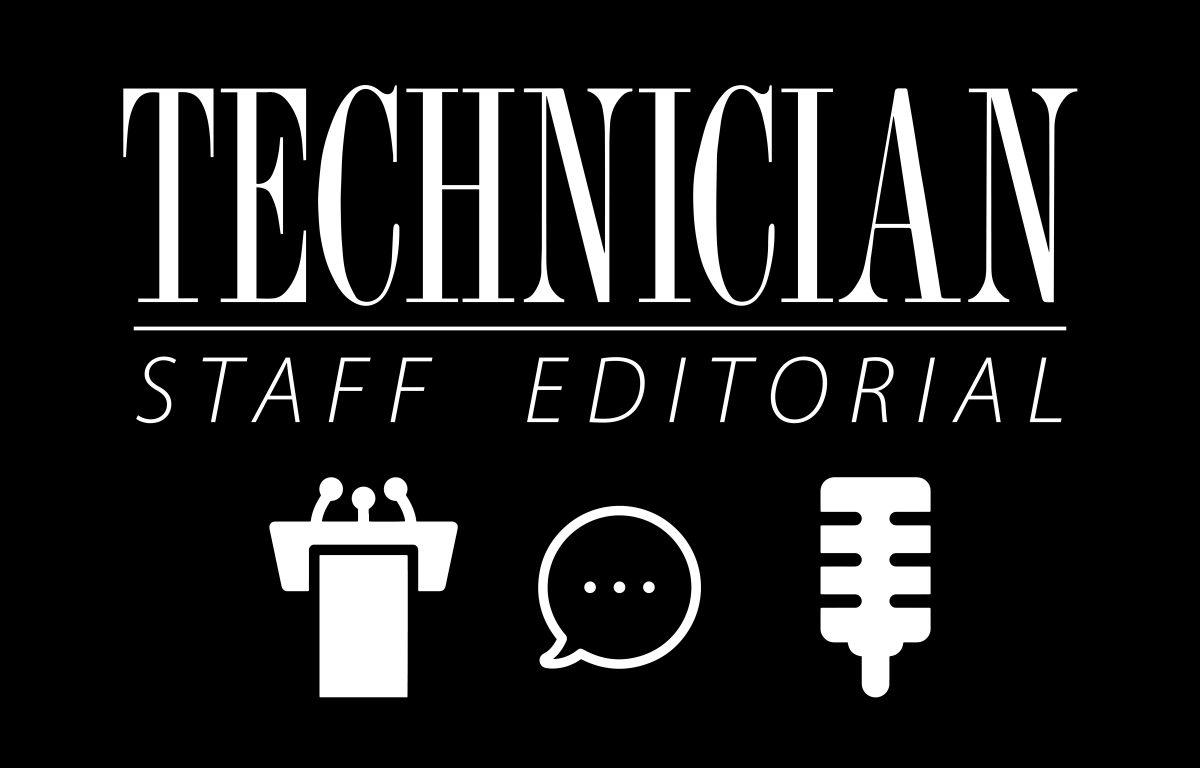As the Technician staff scrambles to transmogrify this editorial into binary code — a format Gov. Pat McCrory might find more suitable — the governor is on the cusp of singlehandedly destroying the UNC school system. It appears McCrory is 0 out of 1 for good ideas.
McCrory has, on several occasions, stated his opinion that he doesn’t think money is well-spent if it’s used to fund liberal arts. McCrory told radio talk show host Bill Bennett, “[Gender studies is] a subsidized course…and frankly, if you want to take gender studies, that’s fine. Go to a private school and take it. But I don’t want to subsidize that if that’s not going to get someone a job.” The two of them continued to criticize philosophy degrees too.
North Carolina’s constitution states, “The General Assembly shall maintain a public system of higher education, comprising The University of North Carolina and such other institutions of higher education as the General Assembly may deem wise.” The legislation McCrory says he has instructed his staff to draft — which would move funding from liberal arts programs to STEM programs — is very unwise. Gov. McCrory makes a few fatal assumptions, the most asinine being that a STEM program and a technical degree are substitutes for a liberal arts program and degrees.
If funding is funneled away from programs like philosophy, literature, English and the like in public universities, then students who want to study those subjects will elect to enroll in private universities. An engineering degree is not a substitute for a liberal arts degree.
President of Wake Technical Community College Stephen Scott, who supports McCrory’s decision, said, “Students come to Wake Tech to help get a new job, a promotion or a different job.” And there’s nothing wrong with that. If community colleges like Wake Tech serve their student’s needs, then so be it. But, to directly address Gov. McCrory: We at N.C. State (and presumably other students at UNC System schools) don’t go to Wake Tech, nor do we want to.
Yes, it’s logical to assume that most students at four-year universities want jobs, but not all of them want careers in technical fields. To turn our universities to nothing more than job factories would be to suppress and hinder inventiveness.
McCrory expressed his myopic view of how education should be when he told Bill Bennett, “it’s not based on butts in seats but on how many of those butts can get jobs.”
Columnist Brian Rosenberg explains that liberal arts colleges send the most students to STEM graduate programs. He writes, “[There is] a direct … correlation between being educated in an intellectually broad environment and economic prosperity.” So yes, they do find jobs.
McCrory’s plan would defile one of the most reputable public education systems in the nation.
Research on the price elasticity of demand for higher education varies in results. If a good, in this case education, is elastic, then demand for it changes when price changes. If a good is inelastic, change in demand is relatively price insensitive. And though there isn’t a substitute for a liberal arts degree, there are many substitutes for universities themselves: other universities.
Our guess is that McCrory’s plan will prove that demand for higher education is elastic. If tuition continues to rise and program offerings dissolve, students will opt for the private or out-of-state universities that McCrory doesn’t have the pleasure of mismanaging — or perhaps break from traditional education altogether.
If we allow McCrory to devalue liberal arts, then we will be ensuring the destruction of classical education in North Carolina. Perhaps McCrory can’t bring himself to understand the points of this editorial — and soon enough, neither will the students who come up in his new and unimproved education system.



